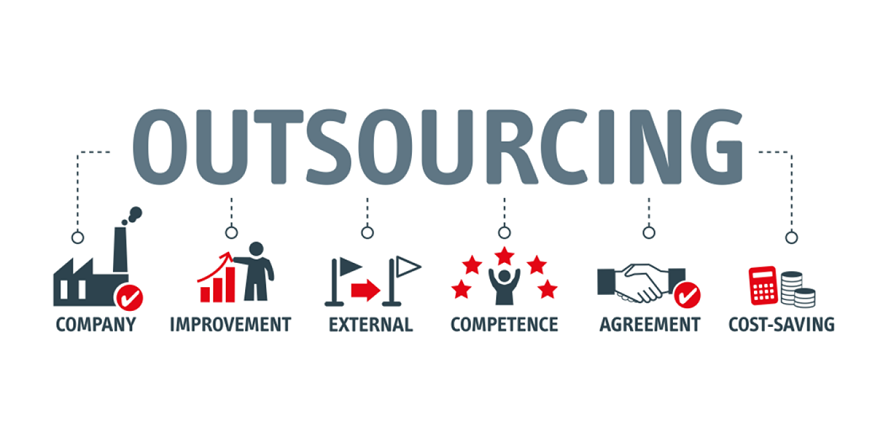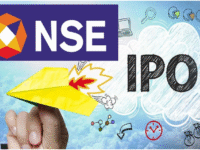A Guide for Startups on Evaluating Outsourcing Companies

For high-growth startups, outsourcing can provide vital capabilities and the capacity to scale faster without inflating headcount and costs. However, choosing the right outsourcing partner is crucial. This guide will walk you through critical criteria to assess providers and make the best selection for your needs.
Must-Have Capabilities
First, outline the must-have capabilities you require from an outsourcing partner based on your current and future needs:
- Services Offered: Ensure alignment with your pain points, such as customer support, data processing, product cataloging, and content moderation.
- Security: Look for partners with cybersecurity certifications like PCI DSS, ISO 27001, and SOC 2 Type 2 audits.
- Omnichannel Support: Seek providers capable of email, phone, chat, social media, and in-app messaging support across channels.
- Scalability: The partner should be able to scale up or down to match support volumes rapidly.
- Talent Expertise: Require native-level speakers for your target countries and industry veterans.
- Technology: Assess platforms, automation, AI, and analytics tools for CRM, reporting, and workflows.
- Compliance Expertise: Confirm expertise in compliance standards like HIPAA for regulated industries.
Vetting Company Background
Do thorough due diligence beyond basic capabilities:
- Client List: Ask for case studies and client references, especially in your industry.
- Pricing: Ensure complete pricing transparency upfront. Understand all charges and billing practices.
- Locations: Investigate infrastructure security, stability, and infrastructure in their geographical region for offshoring.
- Company Culture: Assess cultural fit. Values alignment leads to better partnerships.
Prioritize Flexible Partners
The right partner provides customized solutions that are not rigid and offer one-size-fits-all services. Seek flexibility in:
- Service Packages: Require tailored offerings beyond preset bundles.
- Staffing: Ask about dedicated vs. shared staffing models to meet your needs.
- Contracts: Initially, renewable monthly terms over lengthy multi-year contracts are preferred.
- Support Model: Look for partners that are open to fully managed and co-managed models.
- Tools: Ensure they are open to integrating your existing tools and systems into workflows.
Comparison Grid for Key Outsourcing Providers
We’ve developed a comprehensive evaluation grid to assist startups in this crucial decision-making process. This grid covers essential criteria to consider when evaluating potential outsourcing companies.
Score (0-3): Evaluate each outsourcing company on a scale of 0 to 3 for each criterion.
0: Does not meet my criteria
1: Meets my criteria
3: Exceeds criteria
Comments: Provide specific comments or notes for each criterion. This allows you to capture qualitative insights and impressions during the evaluation process.
Key Questions to Ask BPO Providers
Company Background:
- Can you share a client list and client references we can contact?
- Do you have experience supporting companies in our industry?
- Are you profitable and well-funded? How has your company grown in recent years?
Services & Capabilities:
- What services do you offer? Are there any unique services we should know about?
- Which geographical regions do you support? What are the languages supported?
- How quickly can you scale an outsourced team up or down?
- What are your omnichannel capabilities (email, phone, chat, etc.)?
- What technologies, platforms, and tools are included? Can we integrate our tools?
- How do you ensure continuity during employee absence or attrition?
Talent Expertise:
- What is your hiring process like?
- How are outsourced staff trained? Is there ongoing skills development?
- Do staff support multiple clients, or are they dedicated to one?
Security:
- What data security certifications do you have (PCI DSS, ISO, etc.)?
- Are you compliant with regulations like HIPAA and GDPR based on our industry?
- What physical and technical security controls are in place? How is data access controlled?
- Is third-party security auditing performed regularly?
Pricing & Contracts:
- What is the pricing model? Are there any hidden fees?
- Do you offer any risk-free trials so we can evaluate capabilities?
- Are service levels and performance guarantees included?
- What contract terms do you offer? Is there flexibility on lengths?
- How are billing and invoicing handled? What are the payment terms?
Reporting & Governance:
- How frequently are performance reports shared?
- Is there a dedicated account management team? A single point of contact?
- How are issues escalated and addressed?
Company Culture:
- How do you describe your company culture? What are your core values?
- Why do employees enjoy working for you? What is the management style like?
- How do you maintain and measure employee satisfaction?
Conclusion: Navigating the Path to Successful Outsourcing
As startups embark on outsourcing, careful evaluation is vital to finding the right partner. Outsourcing brings numerous opportunities; however, startups should consider the specificities that fit the startup’s vision, mission, and values. Thus, by employing the assessment criteria suggested in this guide and posing adequate questions, startups can identify an adequate outsourcing partner guided by their vision for development exclusively.
It may involve the relationship between two or more organizations and should be based on trust, cooperation, and common goals. It is worthwhile for startups to find the right fit for outsourcing and achieve faster growth, improvement, and efficiency in the market competition. Are you ready to start considering what it means to outsource differently if you are not already? Reach out and schedule a call with Hugo.





